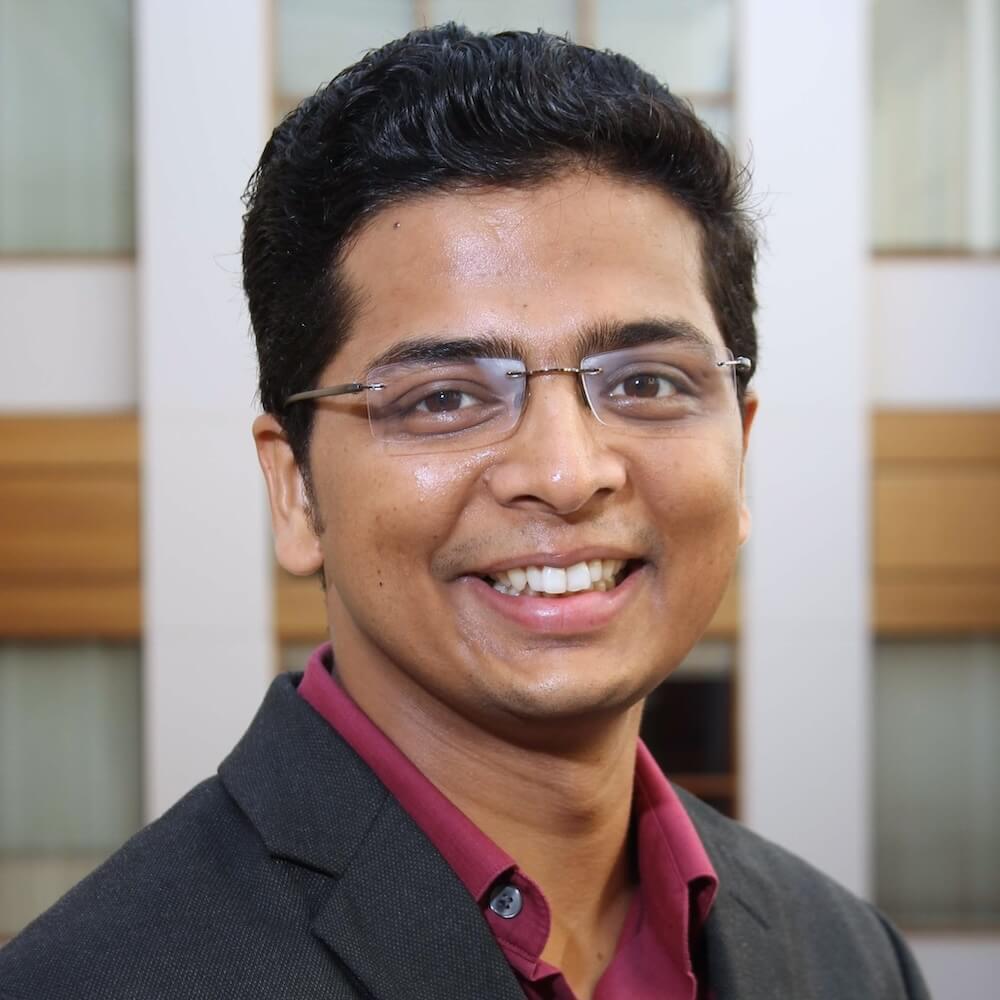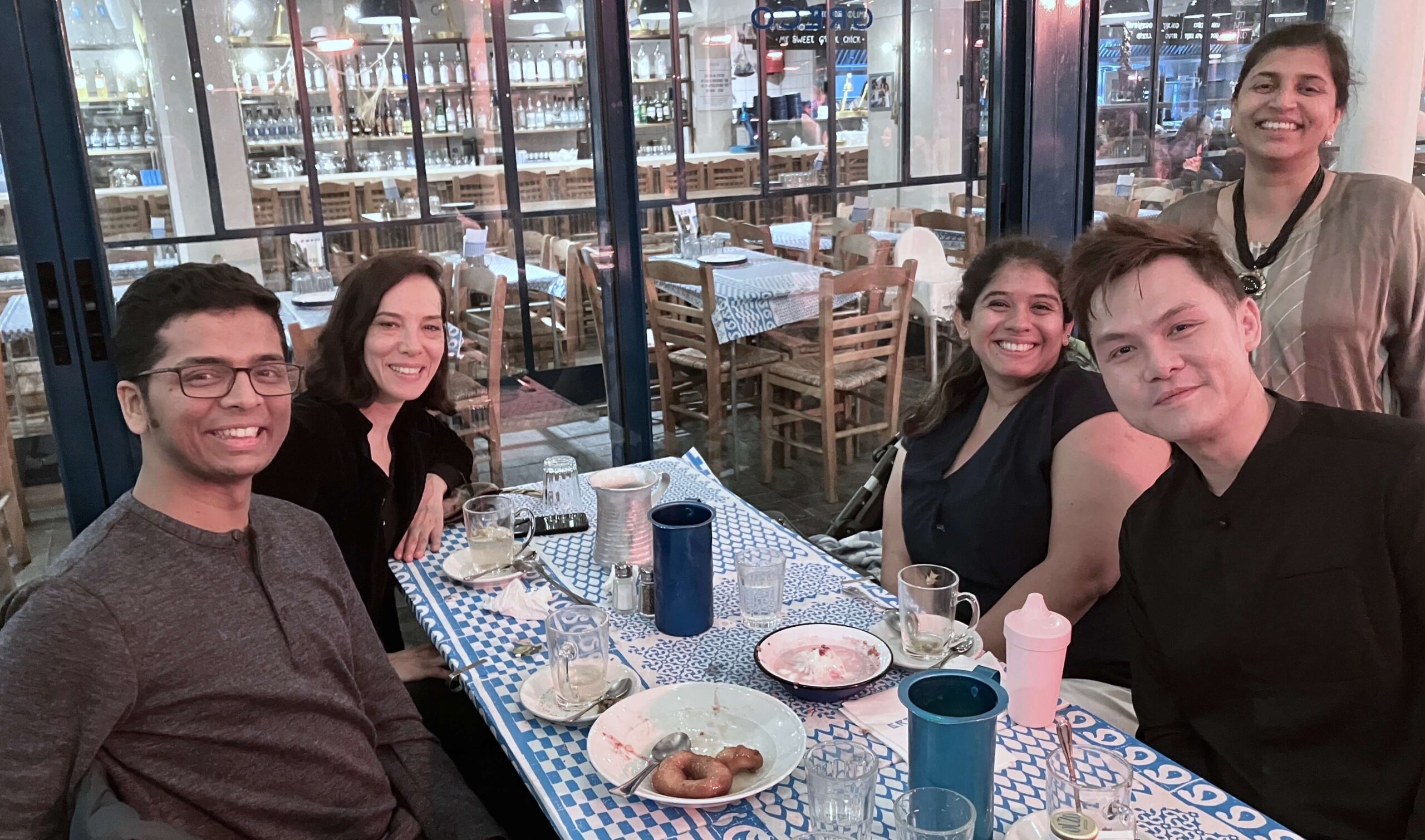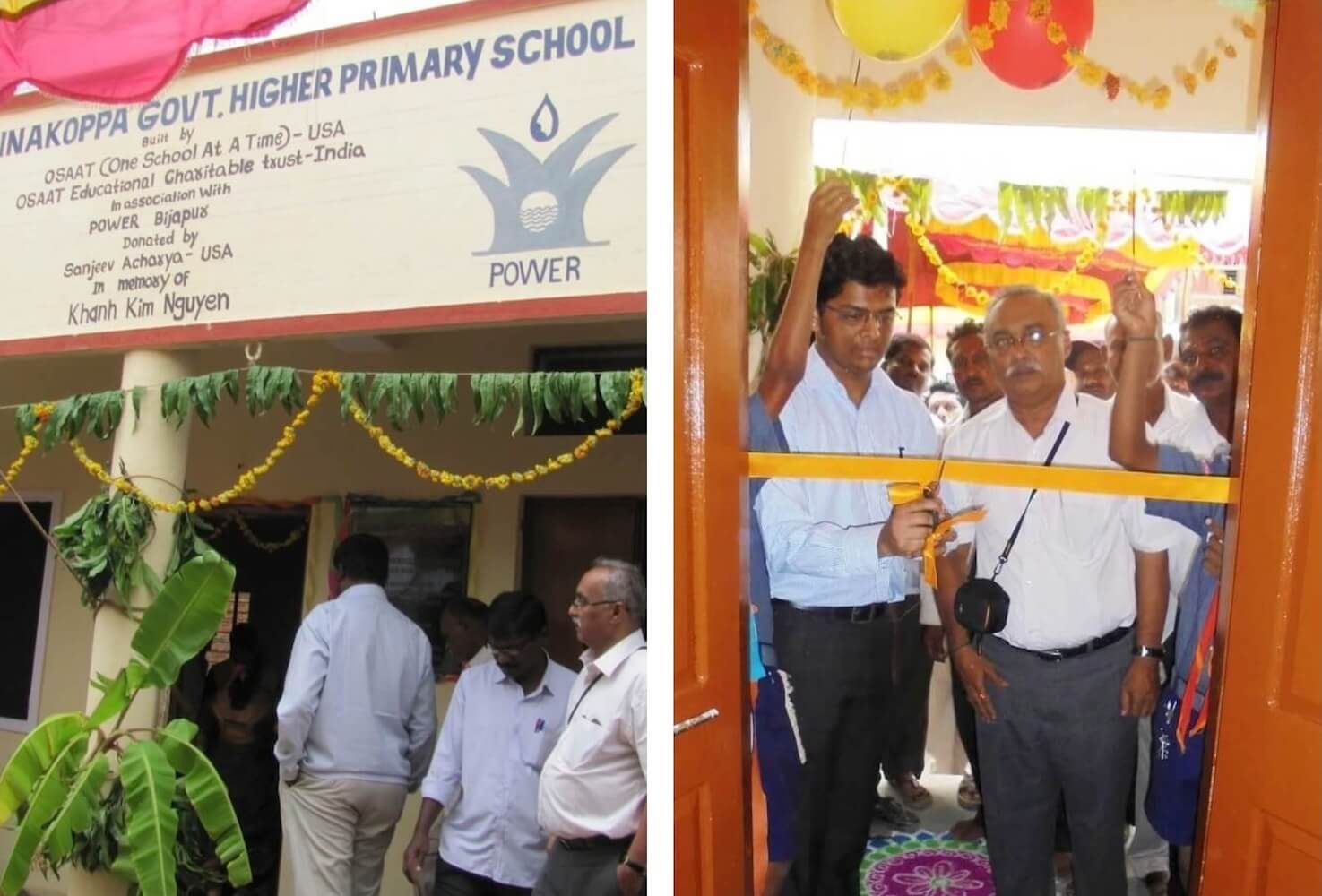
Faculty Spotlight
Raveesh Mayya
Assistant Professor of Technology, Operations, and Statistics
NYU Stern
I am a researcher in digital platform policies and platform governance space. With a deep interest in understanding the repercussions of private policy changes initiated by platforms, my research focuses on quantifying both the intended and unintended consequences of such changes.
My core argument has been that only recently have platforms become large enough for their policies to have wide impact, but that these private policies are not scrutinized as much as public regulatory policies. Through my research, I hope to contribute to the regulatory space, while helping improve the governance aspect of platforms.
My ongoing research topics include exploring the impact of information privacy policies on mobile platforms, analyzing the effects of untested platform growth strategies on the platform participants, platform governance questions around digital token tradability and decentralized governance, and the impact of large language models on open-source innovation.
I’ve been teaching my favorite course, Information Technology for Business and Society, for three years. Given the rapid evolution of the impact of IT on business and society, I find it just as invigorating to teach each time. Within this course, students work as a group to craft a report on digital platform policy changes that they found exciting. I also teach databases as a part of this, and many students have told me what a positive impact it has made during their interviews and internships.
Courses that I aspire to teach in the future involve those that enable students to explore data or engage with systems programmatically.
As a junior faculty, the task of figuring out the overlap between my research interests that are publishable and the school/university’s perception of impactful research can be exhausting. The Early Career Faculty Institute (ECFI) sessions have been very meaningfully crafted to address this information gap covering tenure, writing, portfolio management, and more. Interacting with my peers from other schools at NYU has also helped me refine my definition of impactful research. I also truly value some of the skill development workshops from ECFI, e.g., the writing salon at NYU Tel Aviv. I walked out of that workshop with a few writing strategies in mind that I still practice even to date.

Raveesh with ECFI colleagues at the January 2023 Writing Salon in Tel Aviv
I’ve been fortunate to have had mentors at every stage of my life, but my most influential mentor has been my academic advisor, Professor Siva Viswanathan, from the University of Maryland. To be frank, my initial encounter with Siva was as unexpected as my decision to pursue a PhD in Information Systems. It all began as a casual conversation about my experience booking an Airbnb stay, which has since evolved into published research in a reputable journal. Since then, he has been influential in my discovery of interesting research problems worth addressing. His mentoring style is quite adaptable, tailoring itself to whether a student needs a hands-off or more hands-on approach. He also gets to the core of research tension (or lack thereof) within the first few seconds of our conversations. Outside of core research, he has also encouraged me to develop a knack for academic writing, a focus area that I am currently refining.
If I couldn’t work in academia, I’d most likely dive headfirst into the data science world. Programming and data analysis have always been my passion, and I find the intersection of technology and data incredibly exciting. Beyond that, I have had this quirky love for trivia quizzing since my childhood. I’ve often wondered how I could blend that interest with my background in data science. Perhaps I may explore opportunities in EdTech innovation, finding ways to use data-driven insights to come up with personalized plans to enhance retention of core concepts. I am also a big believer in incorporating trivia elements into educational platforms to make the process of learning more fun and exciting.
My country, India, has produced fine scientists for a few millennia. Among many great scientists, the one I really wanted to meet is Dr. A.P.J. Abdul Kalam. He’s known for his multiple stellar achievements: as the chief scientist who helped India develop technologies for space exploration, satellite communication and self-defense. He’s also recognized internationally as the President of India and as the recipient of India’s highest civilian honor, the Bharat Ratna.
But the main reason I want to meet him is to personally discuss his journey of resilience and his unwavering faith in youth and the power of dreaming. His journey from a very small town delivering newspapers in the morning to make ends meet for his family at age eight, to eventually being appointed President of India, inspires everyone. Despite his great achievements in science and public service, he made it a priority to interact with India’s youth and to encourage them to dream big, which he also echoed in his book Ignited Minds about transforming India with great ideas and dreams.
Indeed, he inspired me to dream big, and to work as a volunteer with One School At A Time (OSAAT), an NGO which is actively building educational infrastructure in rural India, including classrooms, libraries, school toilets and infrastructure for digital education. Given that a majority of children in India still grow up in rural communities, upgrading the rural school infrastructure is one of the important ways to unlock the power of dreaming among kids. This work has been very fulfilling for me and I hope to bring OSAAT activities to the East Coast of the US.

Upgrading the rural school infrastructure is one of the important ways to unlock the power of dreaming among kids